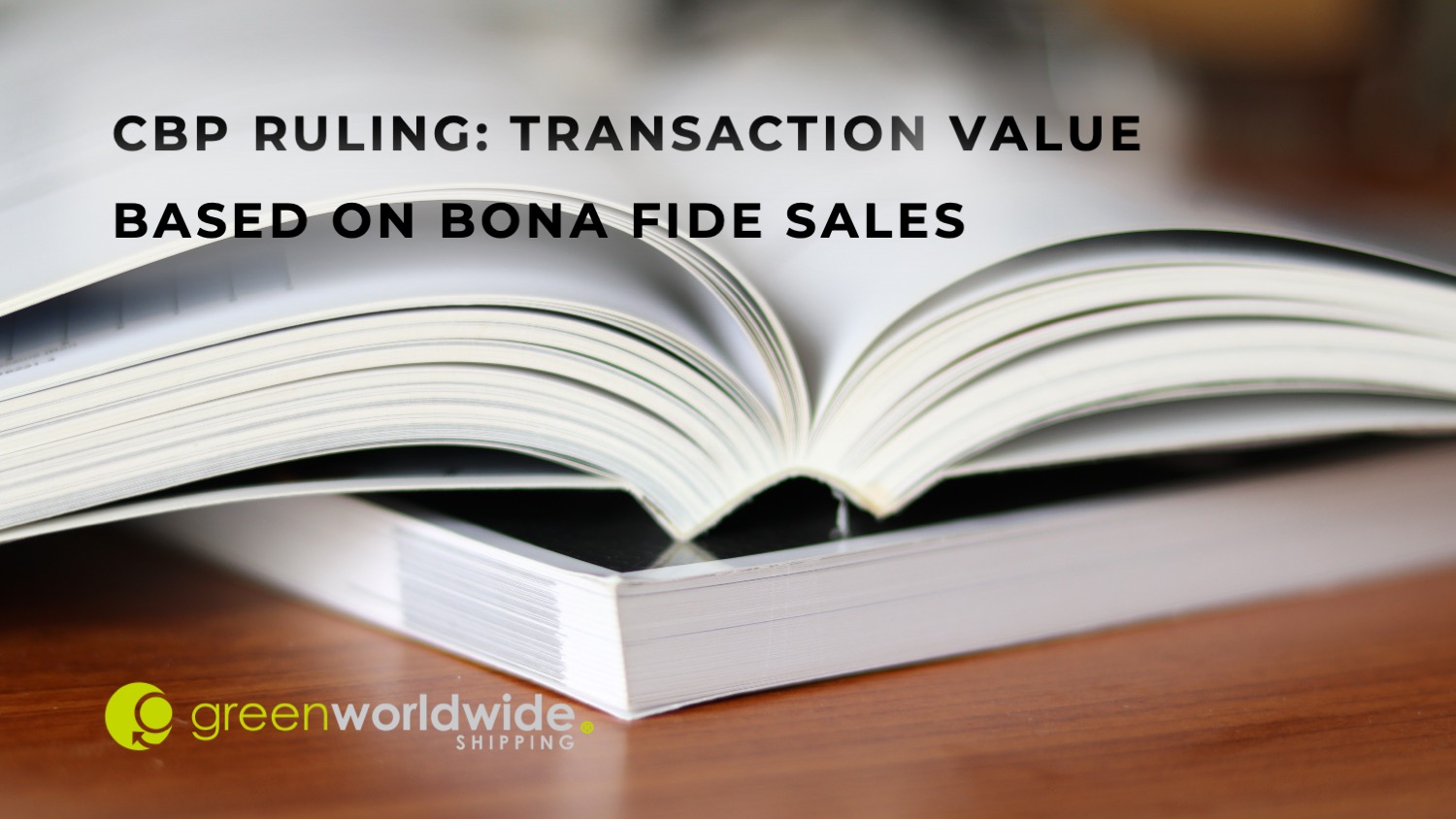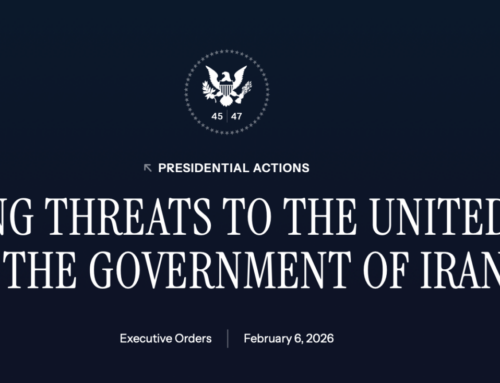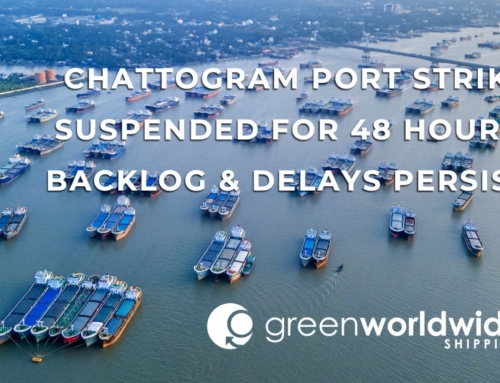CBP RULES THAT TRANSACTION VALUE BASED ON BONA FIDE SALES
In a recent Headquarters Ruling Letter, U.S. Customs and Border Protection (CBP) clarified the evidentiary requirements for establishing a bona fide sale and, thus, transaction value, for imports involving non-resident importers and contract manufacturers. The decision suggests CBP takes a holistic, factor-driven approach to valuation, confirming that where proper documentation links payment, title transfer, and risk assumption to a specific transaction, the importer’s price paid governs appraisement.
WHAT FACTORS DO CBP CONSIDER TO DETERMINE A BONA FIDE SALE?
CBP applies a multi-factor test rather than any single decisive criterion.
Key considerations include whether the importer:
- Acquires title to the merchandise before importation
- Assumes risk of loss at a defined point in the supply process
- Pays consideration by a traceable, transaction-specific method (for example, a wire transfer matched to an invoice)
By examining these elements together, CBP assesses whether the sale reflects a fair market transaction between unrelated parties.
HOW DOES CBP ASSESS TRANSACTION VALUE UNDER VALUATION LAWS?
Under 19 U.S.C. § 1401a and the implementing regulations (19 C.F.R. § 152.103), transaction value hinges on the “price actually paid or payable.” CBP’s ruling confirms that when bona fide sale criteria are met, the importer’s contract price becomes the basis for appraisement—even if manufacturing occurred abroad by a third party. This means that non-resident importers can use their purchase price, provided they provide CBP with adequate evidence.
WHAT DOCUMENTARY EVIDENCE SATISFIES CBP’S REQUIREMENTS?
CBP detailed acceptable forms of proof, including but not limited to:
- Commercial invoices and packing lists reflecting delivery terms
- Quotations or order notes establishing obligation to deliver
- Air waybills or bills of lading showing the contract manufacturer as shipper and the importer as consignee
- International payment records are directly linked to the transaction
Conversely, undifferentiated inter-company transfers of funds fail to demonstrate consideration for a specific import.
HOW ARE TITLE AND RISK OF LOSS TIED TO VALUATION?
The ruling emphasizes that title transfer and risk allocation are integral to bona fide sale analysis.
CBP will look for clear contractual terms indicating that:
- The importer obtains title at the manufacturer’s premises or another agreed point before export
- Risk of loss shifts accordingly, often evidenced by delivery terms on commercial documents
When title and risk pass before shipment, CBP concludes that the importer’s price paid accurately reflects transaction value.
WHAT ARE THE IMPLICATIONS FOR IMPORTERS AND CONTRACT MANUFACTURERS?
Importers relying on contract manufacturing arrangements should ensure:
- All commercial documents articulate delivery terms and title transfer points
- Invoices and payment records are transaction-specific and readily traceable
- Risk-of-loss provisions in purchase contracts align with the evidentiary record
By proactively aligning documentation with CBP’s factor-driven test, importers can confidently declare transaction value based on the bona fide sale price, reducing valuation disputes and streamlining compliance.
Stay up-to-date on freight news with Green’s Weekly Freight Market Update by following us on LinkedIn. For continuous updates, make sure to check out our website at greenworldwide.com.






